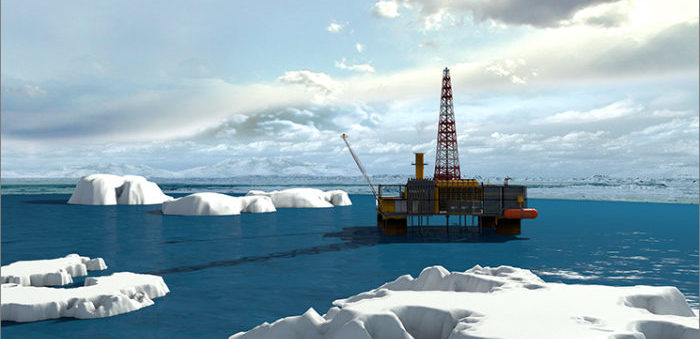HSBC, Europe’s biggest bank, announced that it will no longer provide project finance for new coal power plants, arctic drilling, as well as new tar sands projects, including the construction of any pipelines, becoming the latest in a series of international financiers to have distanced themselves from North American pipelines.
French banks BNP Paribas and Natixis, and insurance and investment giant Axa, as well as Dutch bank ING, and Sweden’s largest pension fund, AP7, all made similar announcements in 2017.
Oil from tar sands is a type of unconventional petroleum deposit, one of the most carbon-intensive fuels on the planet because of the large amount of energy needed to extract it.
HSBC’s move, disclosed in its new Energy Policy, would exclude it from providing project financing for the Keystone XL and Line 3 Expansion pipelines. The proposed pipelines are key to the expansion of the tar sands fields in Alberta, Canada. Estimates show Keystone XL alone could potentially add nearly a million barrels of oil per day to current capacity, as well as an estimated 175 million additional tonnes of CO2 per year, according to Greenpeace.
Annie Leonard, Executive Director of Greenpeace USA, said:
The world has changed dramatically since these controversial tar sands projects were first proposed. In the US, we’ve seen record floods, hurricanes and wildfires super-charged by climate change. We’ve also seen a powerful, diverse, and growing movement step up to stop new fossil fuel infrastructure like the Keystone XL pipeline. This move by HSBC is the most recent indication that the financial community has begun to see the increasing risk in funding pipelines. We now expect banks like the US giant JPMorgan Chase and Barclays, who have backed tar sands pipelines in the past, to cease their funding of these dirty projects.
HSBC has previously participated in revolving credit facilities for TransCanada (the company building KXL) and Enbridge the company building the Line 3 expansion.
The bank has also ruled out funding new coal fired power stations all around the world with the exception of three countries – Bangladesh, Indonesia and Vietnam where funding may continue until 2023. HSBC CEO John Flint was quoted as saying by Reuters:
There’s a very significant number of people in those three countries who have no access to any electricity.
Hindun Mulaika of Greenpeace South East Asia said:
By ruling out new coal funding by the end of 2019 in many countries, HSBC has taken a step in the right direction. However, by singling out Indonesia, Vietnam and Bangladesh as exceptions to their coal policy, they are creating a loophole in the countries that are most aggressive in their coal power planning and condemning their citizens to a lifetime of air pollution impacts. HSBC must close this loophole as soon as possible and turn their financial support to accelerating a transition to clean energy.

































































